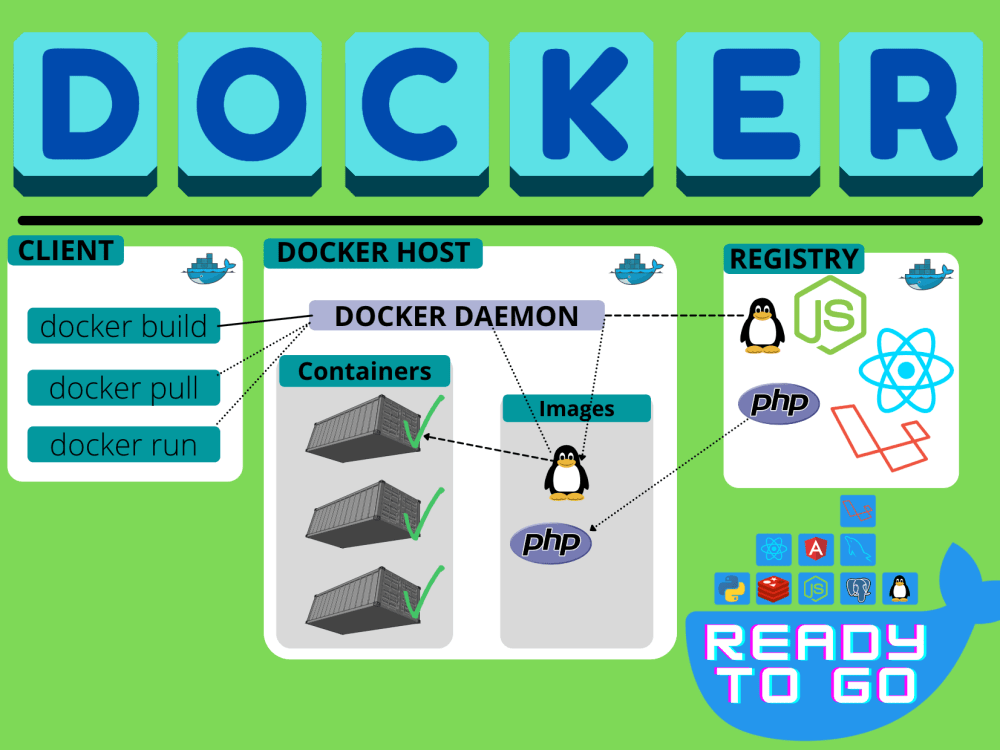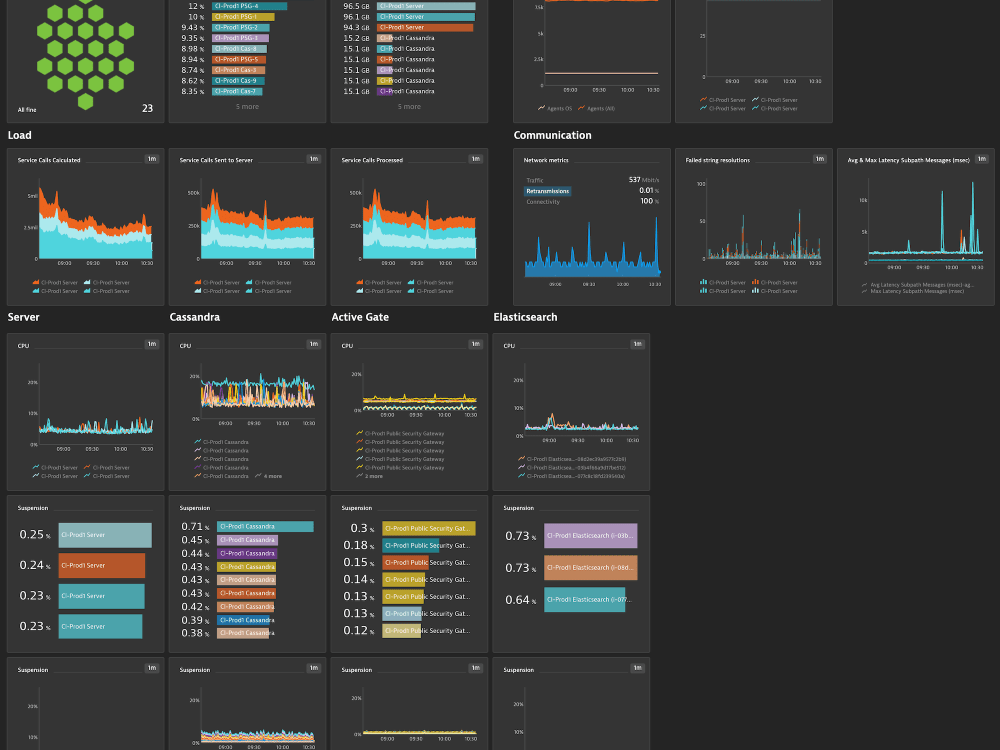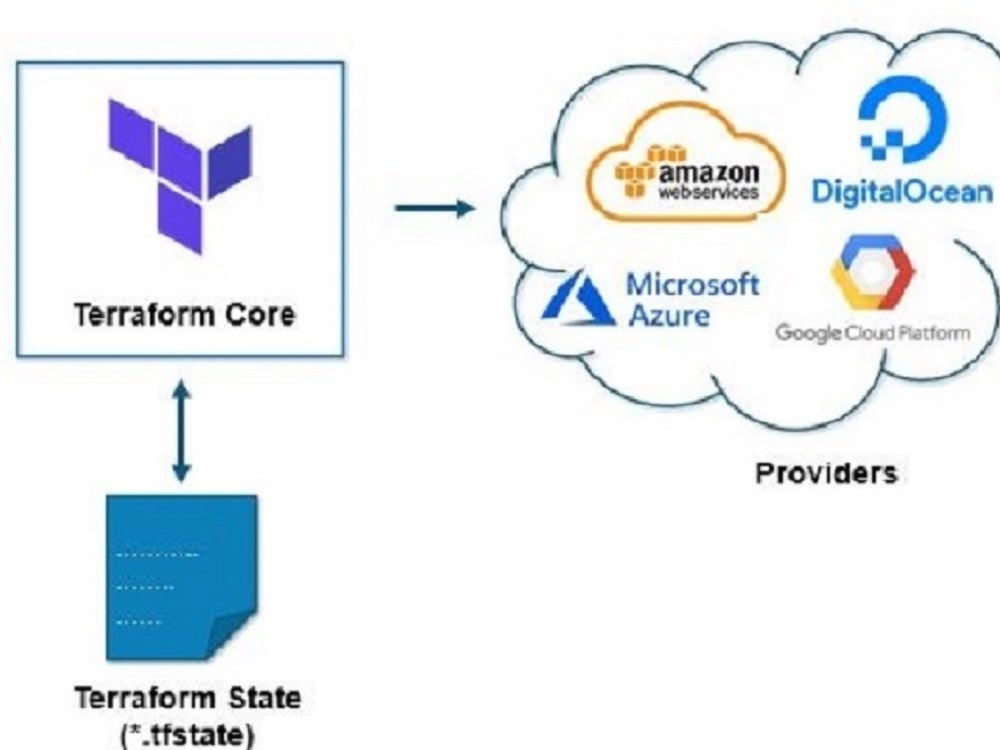Description
Containerization with Docker revolutionizes application deployment by encapsulating code, runtime, libraries, and configurations into isolated units called containers. Docker containers are lightweight, fast to start, and run uniformly across different environments—from a developer’s laptop to production servers. This consistency eliminates the common “it works on my machine” problem. Containers simplify dependency management, accelerate development cycles, and support microservices architectures. Docker also integrates with orchestration tools like Kubernetes and Docker Swarm, enabling automated scaling, load balancing, and fault recovery. Developers can version, reuse, and share containers easily using Docker Hub. Containers improve CI/CD workflows by allowing applications to be tested and deployed in identical environments. Docker reduces infrastructure overhead by efficiently utilizing system resources and promoting horizontal scalability. Its ecosystem includes Docker Compose for multi-container apps and Dockerfiles for repeatable builds. Overall, Docker enhances agility, efficiency, and reliability in software delivery pipelines.






Benedict –
“Our team was initially hesitant to adopt containerization, fearing complexity and disruption. However, the “Containerization with Docker” service proved to be an absolute turning point for our development pipeline. It streamlined our deployment process, significantly reduced environment inconsistencies, and improved resource utilization across our infrastructure. The efficiency gains have been remarkable, and we’re now able to release updates faster and with greater confidence. The expertise and guidance provided were invaluable in navigating the initial learning curve, and we’re now reaping the benefits of a more agile and scalable application architecture.
“
Lydia –
“Our team was initially hesitant to dive into containerization, but after implementing ‘Containerization with Docker’, our deployment process has become remarkably streamlined. We’ve seen a significant reduction in deployment time and resource utilization, alongside improved consistency across different environments. The transition was surprisingly smooth, and the support team provided invaluable assistance throughout the entire process. We’re now able to focus more on development and less on infrastructure, which has boosted our overall productivity and innovation. The stability and scalability we’ve gained are truly impressive.”
Hawa –
“We recently implemented ‘Containerization with Docker’ and it has completely streamlined our development and deployment processes. The transition was surprisingly smooth, and we’ve seen a significant reduction in server costs and deployment times. Our team can now focus on innovation instead of being bogged down by environment inconsistencies and tedious configurations. The improved scalability and efficiency are remarkable. It’s proven to be a worthwhile investment, enhancing our overall agility and operational stability.”
Inno –
“Our experience transitioning to “Containerization with Docker” has been incredibly smooth and efficient. The team guiding us through the process demonstrated a deep understanding of our infrastructure needs and Docker’s capabilities, resulting in a streamlined deployment pipeline. We’ve seen significant improvements in resource utilization and application portability, all while simplifying our overall development workflow. The support and training provided ensured our internal team could quickly adopt and manage the new containerized environment, making it a very worthwhile investment for our company.”